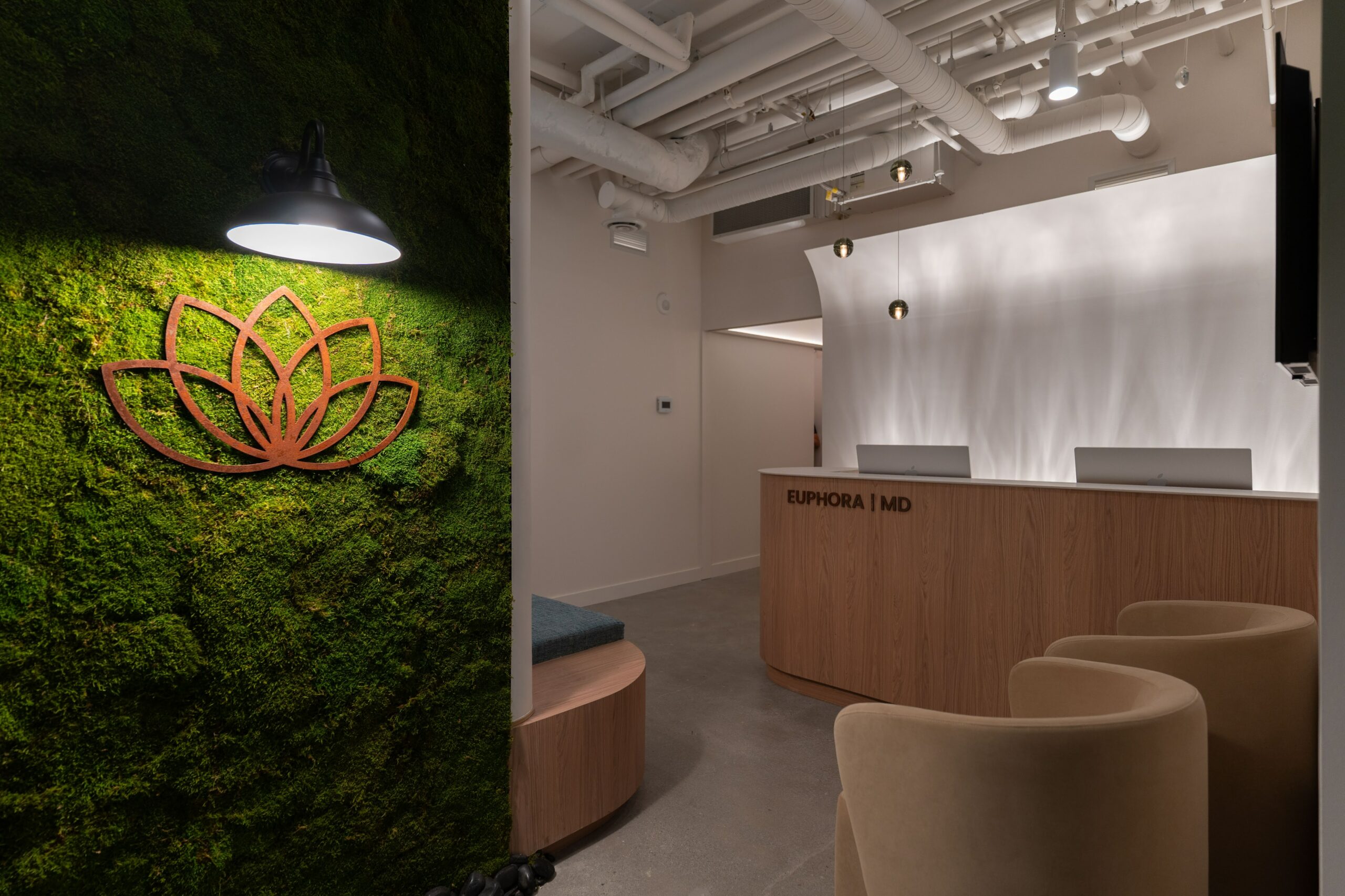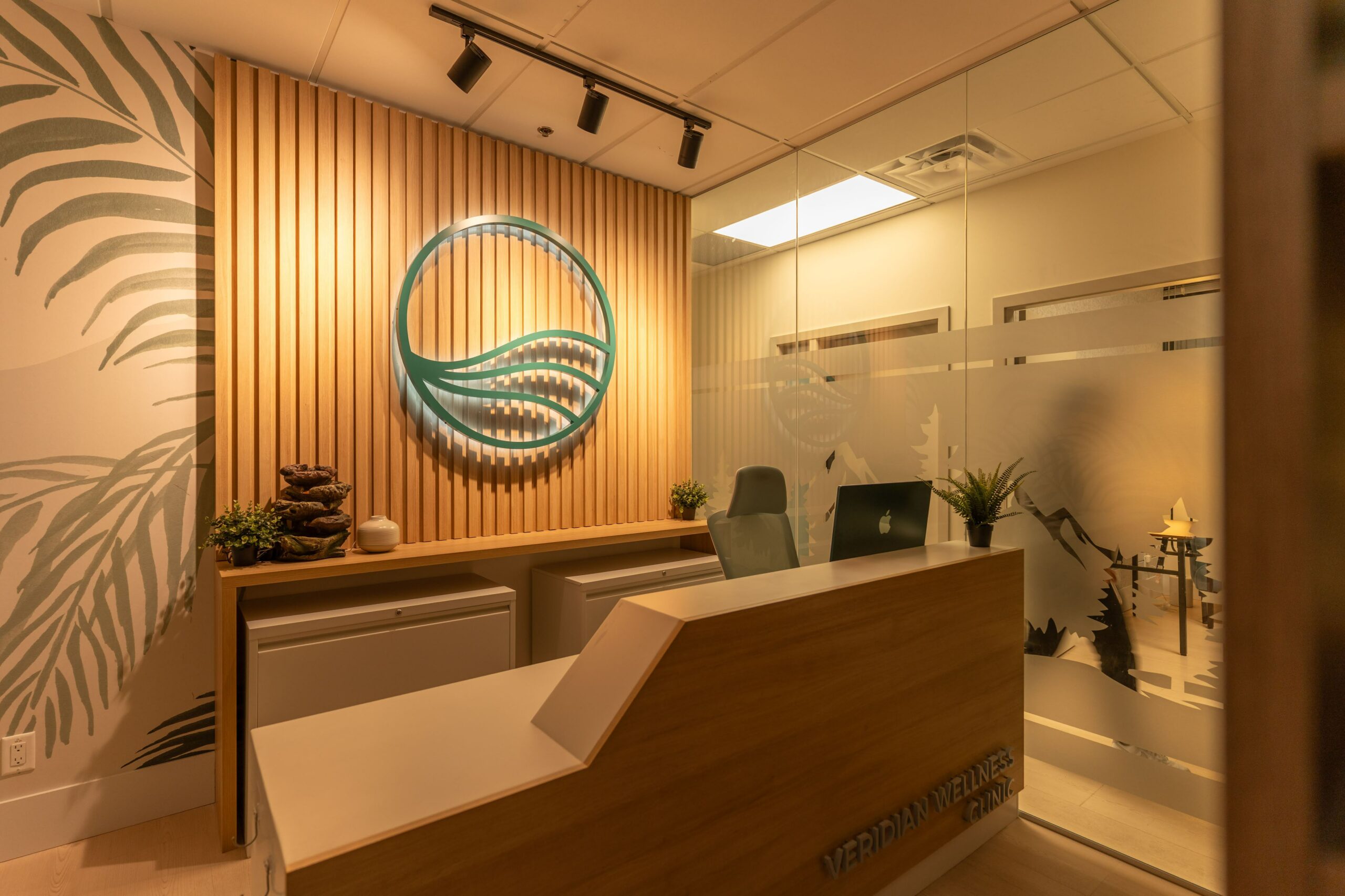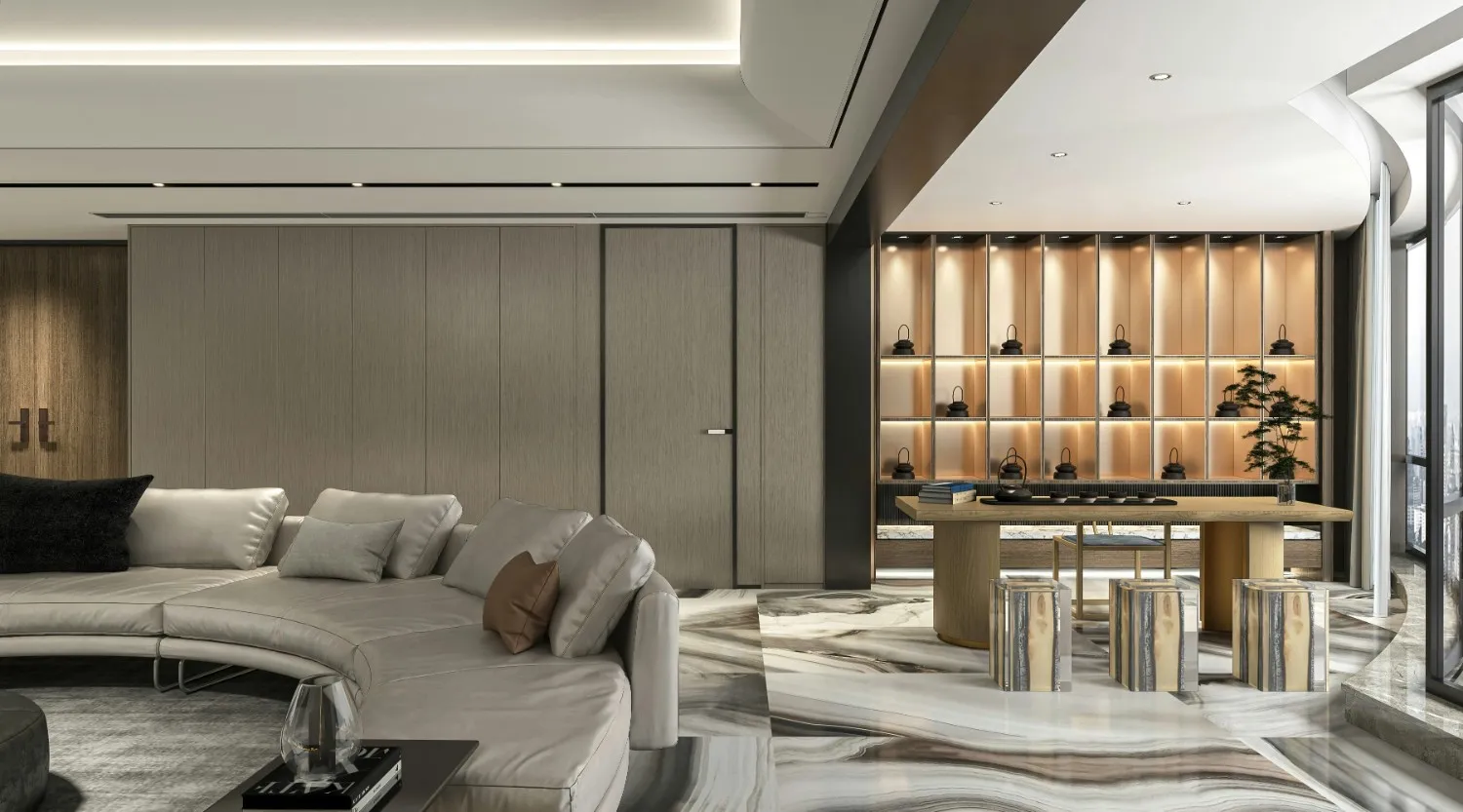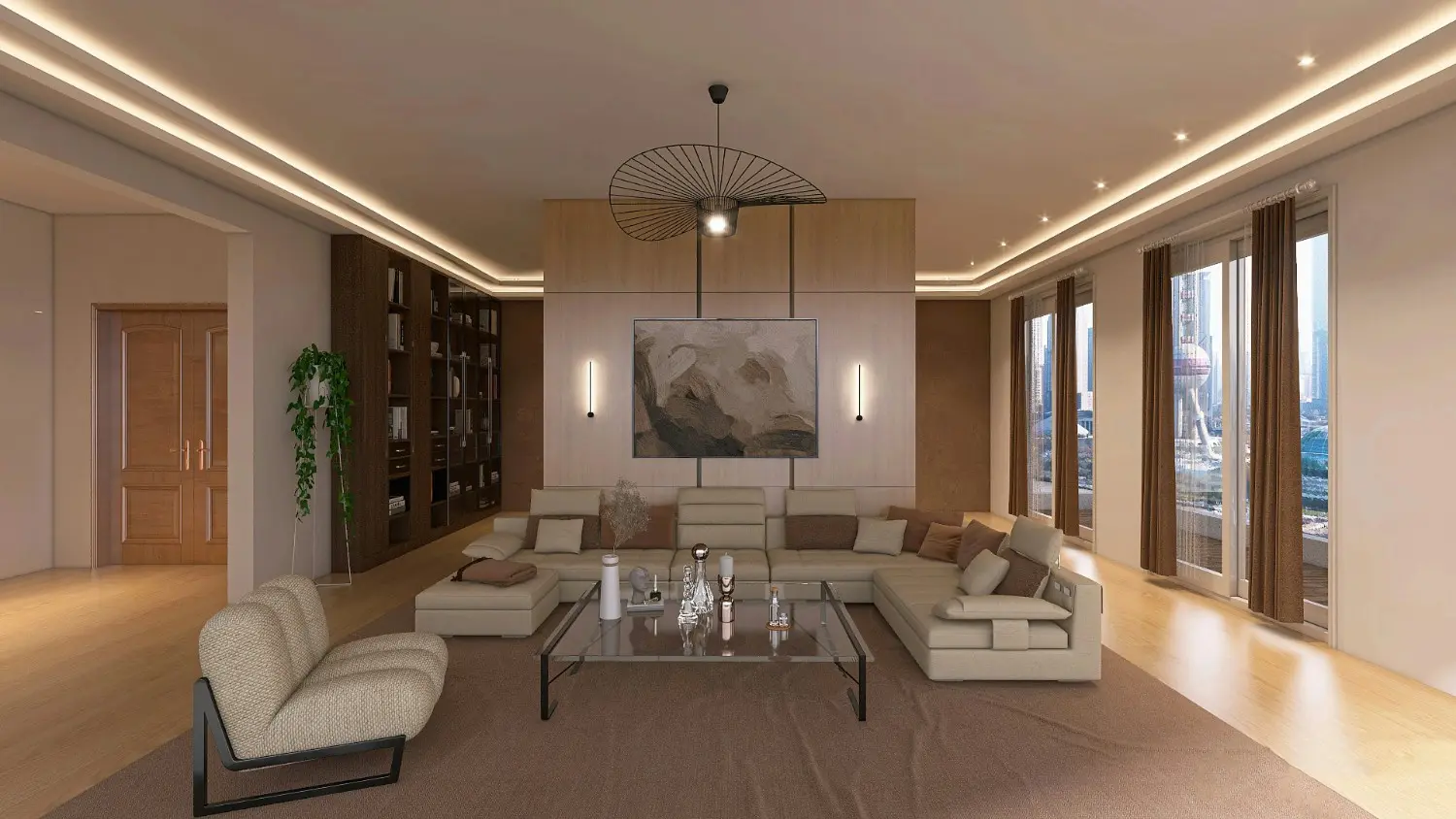Securing the right Vancouver business license is one of the first, and most important, steps to legally operating a business in the region. Whether you’re starting a café in Vancouver, opening a retail shop in Burnaby, or launching a home-based consultancy in Surrey, each city has its own policies, fees, and approval timelines.
This guide brings clarity and step-by-step structure so you can register with confidence across all Greater Vancouver municipalities.
Highlights
- Understand requirements for obtaining a Vancouver business license in every major Greater Vancouver city
- Compare fees, timelines, and zoning rules with simple, organized sections
- Access official links and actionable tips to register smoothly and avoid delays
What Is a Vancouver Business License?
A Vancouver business license is an essential municipal authorization that legally permits you to operate a business within Vancouver or any surrounding Greater Vancouver city. Whether you’re launching a café in Vancouver, offering consulting services from your Surrey home, opening a retail shop in Burnaby, or running an online business with a local mailing address, a business license is required to operate lawfully.

Each municipality, including Vancouver, Burnaby, Richmond, Surrey, Coquitlam, Delta, Langley, and North Vancouver, enforces its own licensing bylaws. These rules determine where certain business types can operate, what inspections are required, and what documentation must be submitted before your license is approved. Even small or home-based businesses must hold a license to comply with zoning laws and municipal regulations, a process that becomes clearer and more efficient when supported by professional interior design services that ensure your space is planned, documented, and aligned with local requirements from the start.
A valid business license provides several important benefits:
- Zoning and Bylaw Compliance: Confirms your business activities are permitted at your chosen location under city land-use regulations.
- Approval for Occupancy and Commercial Activity: Ensures your space meets safety, fire, and building code requirements before you open to the public.
- Eligibility for Permits: Many building permits, tenant improvements, and renovation applications require an active business license or a pending application.
- Protection From Penalties: Helps avoid fines, shutdown orders, and compliance inspections triggered by operating without a license.
- Support for Lease Agreements: Many landlords require proof of license approval before finalizing a commercial lease or allowing occupancy.
Without the appropriate license, businesses risk delays in opening, denial of renovation permits, legal penalties, and even forced closure. Securing a Vancouver business license early in your planning process ensures smoother operations, clearer expectations, and full compliance across all Greater Vancouver cities.
See more: Top 10 Interior Design Companies Vancouver BC
Why You Need a Business License in Vancouver
Securing a Vancouver business license is more than a legal formality, it is a foundational step that protects your operations, strengthens your credibility, and ensures your business can grow without costly disruptions. Whether you run a storefront, home-based office, consulting practice, construction company, or online business with a local address, licensing plays a critical role in how smoothly you operate within any Greater Vancouver municipality.
Legal Protection and Compliance
A business license confirms that your operations meet municipal standards for zoning, building safety, fire protection, and land use. During the licensing process, city inspectors may verify:
- That your business activity is permitted in your chosen zone
- Adequate fire safety systems and exits
- Building code compliance for commercial use
- Health and sanitation requirements for food, wellness, and personal care industries
This is especially important for regulated sectors such as restaurants, cafés, salons, spas, gyms, retail shops, industrial facilities, and childcare centres, where non-compliance can put both customers and employees at risk.
Smoother Leasing, Renovation, and Permitting
Most landlords in Vancouver require proof of an active or pending business license before signing a lease or granting occupancy. Municipal departments may also request it before approving:
- Building permits
- Tenant improvement applications
- Signage permits
- Change-of-use approvals
Without a license, your renovation plans can be delayed for weeks or months, impacting your opening date and cash flow.
Credibility With Customers and Stakeholders
A valid business license signals professionalism. It reassures customers that:
- You meet city standards
- Your operations are legitimate and insured
- You take health, safety, and compliance seriously
For commercial clients, investors, and partners, licensing is often a prerequisite before entering contracts or service agreements.
Avoiding Costly Penalties
Operating without a Vancouver business license can result in immediate and escalating consequences, including:
- Monetary fines issued by city bylaw officers
- Stop-work or closure orders, forcing you to halt operations
- Delayed permits, blocking renovations or expansions
- Termination of commercial leases, as many agreements require ongoing proof of municipal licensing
These penalties can lead to revenue loss, damaged reputation, and legal disputes with landlords or the city.
Vancouver Business License Requirements (City of Vancouver)
The City of Vancouver maintains one of the most comprehensive business licensing systems in Greater Vancouver, ensuring that every commercial activity meets local standards for zoning, safety, and community impact. If you conduct business within city limits, whether from a storefront, office, shared workspace, or your home, you are legally required to hold a valid Vancouver business license.

You must apply for a license if your business falls into any of the following categories:
- Retail & Commercial Stores: Clothing shops, convenience stores, specialty retail, electronics, and any business selling physical goods.
- • Restaurants, Cafés & Food Services: Includes dine-in restaurants, cafés, bubble tea shops, caterers, commercial kitchens, and food trucks. Additional health and fire-safety approvals often apply.
- Contractors & Skilled Trades: General contractors, electricians, plumbers, HVAC technicians, and renovation professionals must be licensed to work legally in the city.
- Health, Beauty & Personal Care Services: Hair salons, barbers, spas, estheticians, nail studios, massage services, and wellness clinics (may require health inspections).
- Professional & Office-Based Businesses: Consultants, designers, accountants, realtors, IT/marketing agencies, and other service providers.
- Home-Based Businesses: Freelancers, tutors, online sellers, remote consultants, and small home enterprises.
- Childcare, Education & Fitness Services: Daycares, tutoring services, yoga/Pilates studios, and wellness or counselling practices.
Application Steps for a Vancouver Business License
Securing a Vancouver business license involves several coordinated steps to ensure your location, operations, and safety standards meet municipal requirements. Below is a more detailed breakdown of the full process:
Step 1. Zoning Verification
Before submitting your application, you must confirm that your business type is permitted at your chosen address.
The City of Vancouver’s zoning bylaws determine:
- Whether commercial activity is allowed at the location
- What types of businesses can operate in the building or unit
- Rules for signage, occupancy, noise, and parking
- Special restrictions for home-based businesses
If zoning does not match your intended use, you may need a development permit or a different location.
Step 2. Prepare Required Documents
Gather all documents the city may request during the application review. These often include:
- Signed lease or proof of property ownership
- CRA Business Number (BN)
- Floor plans or unit layout showing entrances, exits, and room usage
- Details of planned renovations
- Corporate registration documents if applicable
- Health or industry-specific certifications (for food, wellness, or childcare businesses)
Organizing your paperwork early helps prevent delays.
Step 3. Submit Your Application Online
File your application through the City of Vancouver’s online business license portal.
You will be asked to provide:
- Business name and contact information
- Ownership and corporate structure
- Business category and activity description
- Number of employees
- Operating address and zoning confirmation
Some applications may trigger requests for additional documents depending on the business model.
Step 4. Complete Required Inspections
Depending on your industry and building conditions, inspectors may visit your business location. Common inspections include:
- Fire Safety Inspection: exits, extinguishers, signage, suppression systems
- Health Inspection: required for food, beauty, and wellness services
- Building/Structural Review: ensuring compliant walls, rooms, and occupancy
- Plumbing & Electrical Checks: especially if renovations were done
- Occupancy Permit: ensures the space is safe before opening
These must be completed and approved before your license is issued.
Step 5. Pay Applicable Fees
Business license fees vary based on:
- Business category (retail, restaurant, construction, consulting, etc.)
- Business size and number of employees
- Additional inspection requirements
- Whether the business is home-based or commercial
Fees must be paid in full before receiving approval.
Step 6. Receive Your Vancouver Business License
Once all reviews, documents, and inspections are complete, the City will issue your official business license.
Key points:
- Your license must be renewed annually
- Keep a copy accessible for inspections
- Update the city if your business location, ownership, or activities change
Business License Requirements in Greater Vancouver Municipalities
Each municipality in Greater Vancouver operates its own business licensing system with different bylaws, approval processes, fees, and inspection requirements. Even if two businesses offer the same service, their licensing steps may differ depending on where they are located. Below is a detailed overview of how the major cities handle their licensing requirements.
Burnaby Business License Requirements
Burnaby offers both online and in-person applications, making the process accessible for entrepreneurs and established companies. Key requirements include:
- Zoning Verification: The City must confirm that your business type is permitted at your chosen location. This applies to commercial units and home-based businesses alike.
- Inspections for Regulated Industries: Food establishments, personal services, and childcare providers typically undergo additional Fire, Health, and Building inspections.
- Land-Use Consistency: Your Burnaby business license must match the approved land use and tenancy of the space. Businesses that require structural changes must obtain related permits before their license can be issued.
- Annual Renewal: Burnaby licenses must be renewed every year to remain valid.
Burnaby is strict about aligning business activity with zoning, so early verification is essential to avoid delays.
Richmond Business License Requirements
Richmond maintains a detailed licensing framework designed to support both commercial businesses and home-based operators. Expect the following requirements:
- Home-Based Business Restrictions: Rules cover signage, client visits, noise control, and number of employees allowed in a residential zone.
- Food Safety Oversight: Restaurants, cafés, bubble tea shops, and food processors must pass Fraser Health inspections. Richmond has some of the region’s most rigorous food safety standards.
- Zone-Specific Permissions: There is a clear separation between commercial zones, industrial zones, and mixed-use developments. Your business must fit the category allowed by your site’s zoning designation.
- Document Preparation: Depending on your scope, the City may request floor plans, architectural drawings, or occupancy details.
This makes Richmond well-structured but more process-heavy for food and hospitality sectors.
Surrey Business License Requirements
As one of the largest and fastest-growing business hubs in Metro Vancouver, Surrey has a broad licensing system with strict enforcement:
- Personal Services and Contractor Rules: Hair salons, barbers, tattoo studios, cleaning companies, and trades contractors must follow specific regulations and inspections.
- Fire and Building Compliance: Most commercial businesses require Fire Safety and Building inspections before approval, especially if the space was recently renovated or repurposed.
- Home-Based Business Rules: Surrey allows home occupations but enforces limits on signage, noise, storage, and client visits.
- Application Path: Businesses must provide ownership documents, zoning confirmation, and detailed operational descriptions.
Surrey’s process is thorough due to the city’s size and rapid growth in commercial development.
Coquitlam Business License Requirements
Coquitlam offers user-friendly tools and transparent guidelines for new businesses:
- Public Zoning Tool: Applicants can confirm use-permission through the city’s free online zoning lookup system.
- Home Occupation Declaration: Required for anyone running a business from a house, townhouse, or condo. You must agree to rules on traffic, storage, and noise.
- Permits for Renovation: Businesses planning tenant improvements must secure building permits before applying for a license.
- Industry-Specific Inspections: Restaurants, wellness clinics, and personal services must meet Fraser Health and Fire Department requirements.
Coquitlam is known for being clear and supportive, especially for home-based entrepreneurs.
New Westminster, North Vancouver, Port Coquitlam, Langley, Delta & More
Although each municipality has its own application portal and fee structure, most share common requirements. Expect to provide:
- Zoning Compliance: Confirming your business type is allowed in the unit or residence.
- Proof of Business Registration: This may include a CRA Business Number or provincial incorporation documents.
- Renovation and Permit Review: Any recent or planned construction must be checked for proper permits.
- Health or Fire Inspections: Required for food, wellness, childcare, manufacturing, or personal service businesses.
- Annual License Renewal: Nearly all municipalities require yearly renewal to maintain active status.
If you want, this section can be expanded into individual dedicated paragraphs for each city with direct links to the official municipal pages for even stronger SEO and user clarity.
What to Prepare Before Applying for a Vancouver Business License
Before submitting your Vancouver business license application, gathering the right documents and approvals is essential. Each municipality in Greater Vancouver requires specific information to verify zoning, safety, and operational compliance. Preparing in advance not only speeds up processing but also prevents delays related to missing paperwork or incomplete submissions.

Below is a comprehensive preparation checklist with added context for each item:
Checklist: Required Items and Documentation
- Legal Business Name and BC Registration
- Register your business with BC Registry Services if you are operating as a proprietorship, partnership, or incorporated company.
- Ensure your chosen business name is approved and legally recognized before applying for a license.
- CRA Business Number (BN)
- A CRA Business Number is required for tax purposes and is often requested during the business license application.
- This number will also be tied to GST/HST, payroll, or import/export accounts if needed.
- Zoning Approval or Written Confirmation
- Confirm that your business type is permitted at the address you plan to operate from.
- Municipalities may require:
- A zoning enquiry form
- Written confirmation from the zoning department
- Review of proposed floor plans or usage details
- Signed Lease Agreement or Proof of Ownership
- Provide a current lease, sublease approval, or ownership document.
- Commercial landlords often require proof of license eligibility before signing a lease for retail, office, or restaurant spaces.
- Scaled Floor Plans for Commercial Units
- Floor plans must show room dimensions, exits, washrooms, equipment layout, and occupancy load.
- These are especially important for restaurants, salons, clinics, gyms, and retail stores.
- Some municipalities require architect- or designer-prepared drawings for accuracy.
- Renovation or Tenant Improvement Permits (if applicable)
- If you plan structural changes, plumbing/electrical work, venting, signage, or new walls, you must secure permits before applying for or finalizing a business license.
- Unpermitted construction will stall or invalidate your application.
- Fire, Health, or Building Safety Approvals
- Required for high-risk or customer-facing businesses such as:
- Restaurants
- Coffee shops
- Nail and hair salons
- Wellness clinics
- Daycares
- Food manufacturers
- These inspections verify ventilation, sanitation, emergency exits, and fire protection systems.
- Required for high-risk or customer-facing businesses such as:
- Additional Industry-Specific Requirements (if applicable)
- Some businesses may need extra documents:
- Liquor license eligibility for bars or breweries
- Professional certifications for clinics or healthcare providers
-
Security screening for cannabis-related businesses
- Some businesses may need extra documents:
Why Early Preparation Saves Time
Preparing your documents in advance helps:
- Avoid back-and-forth communication with the city
- Prevent delays caused by unpermitted construction
- Reduce the risk of a rejected or incomplete application
- Speed up Fire or Health inspections by having all plans ready
- Ensure your lease aligns with zoning and business use
- Keep your opening timeline on track
A well-organized submission can shorten processing time from weeks to just a few days making it a crucial step for any new business in Vancouver or the Greater Vancouver region.
Watch more: How to Choose the Right Interior Design Firms Vancouver
Fees, Processing Times, and Approval Steps for a Vancouver Business License
Understanding the cost and timeline for obtaining a Vancouver business license helps you plan your launch date, renovation schedule, and inspection requirements. Each municipality in Greater Vancouver sets its own fee structure, but the ranges below reflect the most common pricing and approval patterns across the region.
Typical Vancouver-Area Business License Fees
Business license fees vary depending on the industry, business size, and operational risk. Here is a more detailed breakdown:
- Small or Home-Based Businesses: $100–$250 per year
- Applies to consultants, online businesses, freelancers, photographers, tutoring, and administrative services.
- Lower fees because these operations generally do not require inspections or commercial occupancy reviews.
- Restaurants, Cafes, and Salons: $250–$750+ per year
- Fees increase based on the level of public contact, sanitation requirements, and fire/health risk factors.
- Higher-risk categories such as commercial kitchens or personal services (nail salons, spas, barbershops) may require extra inspections, increasing total cost.
- Trades, Contractors, and Construction Companies: $100–$300 per year
- Applies to electricians, plumbers, general contractors, and specialty trades.
- Many municipalities adjust fees based on the number of workers or whether the contractor operates across multiple districts.
- Industrial, Warehousing, and Manufacturing: Variable (Square Footage + Risk)
- Industrial applicants are assessed through customized fee schedules.
- Costs depend on:
- Size of facility
- Hazardous materials
- Manufacturing intensity
- Mechanical and ventilation requirements
These fees are renewed annually, and many cities issue invoices automatically once the business is registered.
Vancouver Business License Processing Times
Processing times depend heavily on the business type and whether the project requires inspections, renovations, or building permits.
- Straightforward Businesses: 5–15 business days
- Applies to low-risk operations such as consulting, administrative offices, retail with no food handling, and small home-based businesses.
- Approval is often completed after zoning verification and document review.
- Restaurants, Salons, Health Clinics: 3–10 weeks
- These uses require additional steps, including:
- Vancouver Coastal Health inspections
- Fire & Life Safety inspections
- Building occupancy reviews
- Delays often occur if floor plans, ventilation layouts, or sanitation requirements need adjustments.
- These uses require additional steps, including:
- Businesses Requiring Construction or Tenant Improvement Permits: Varies by Scope
- If your project includes structural changes, new walls, mechanical upgrades, or commercial kitchen installations, expect additional time for:
- Permit intake
- Plan reviews
- Trade inspections
- Final occupancy approvals
-
These projects may take several weeks to several months depending on complexity and permit load at the municipality.
- If your project includes structural changes, new walls, mechanical upgrades, or commercial kitchen installations, expect additional time for:
Typical Approval Steps (Across Greater Vancouver)
A Vancouver business license generally moves through the following sequence:
- Zoning and Use Verification: Confirms that your business type is allowed at your chosen address.
- Application Submission (Online or In-Person): Includes required documents such as lease agreements, floor plans, and CRA Business Number.
- Plan Review (If Renovations or TI Work Are Involved): Building officials review drawings, ventilation, plumbing, fire separations, and accessibility.
- Health, Fire, or Building Inspections: Required for restaurants, salons, daycares, wellness clinics, and any high-risk or public-facing space.
- Final License Approval and Activation: After passing inspections and paying fees, your license is issued and must be renewed annually.
Common Home Staging Mistakes to Avoid
Even small errors in the application process can delay your approval, trigger re-inspection fees, or put your opening date at risk. Before submitting your Vancouver business license application, watch out for these common mistakes:
- Applying before checking zoning: Many business owners submit their license application before confirming whether their business type is allowed at the chosen address. If the zoning doesn’t match your use, the city may reject the application or delay approval until you provide new documents or relocate. Always verify zoning first to avoid costly setbacks.
- Choosing the wrong business type on the form: Selecting an inaccurate business category can trigger the wrong fee structure or skip required inspections. This often forces applicants to revise and resubmit paperwork, slowing the entire process. Double-check your business type to ensure you’re categorized correctly from the start.
- Opening before inspections are completed: Some businesses begin operating before passing required fire, health, or building inspections. This can lead to fines, closure orders, or additional re-inspection fees. Make sure all inspections are complete and approvals are issued before opening your doors.
- Forgetting to renew annually: Business licenses in all Greater Vancouver municipalities must be renewed each year. Missing the renewal deadline can result in penalties and may affect future permit or inspection requests. Keeping track of renewal dates helps avoid unexpected disruptions.
- Adding services without updating your license: If you expand your offerings, like adding food prep, personal services, or new equipment, the city may require an updated license. Operating beyond your approved scope can lead to violations or forced service changes. Always update your license when your business evolves.
Vancouver Business License for Home-Based Businesses
Most municipalities across Greater Vancouver allow home-based businesses, but each sets clear rules to ensure residential neighborhoods remain quiet, safe, and low-impact. A Vancouver business license is still required even if you work entirely online or run a small consulting practice from your living room.
Typical requirements include:
- Limited customer visits: Many cities restrict or prohibit clients from visiting the home to prevent parking issues and neighborhood disruption. Some allow limited visits with strict scheduling.
- No exterior signage: To preserve residential character, exterior signs, banners, or storefront-style branding are usually not permitted. Any visible business presence may violate bylaws.
- Restrictions on employees: Most municipalities do not allow additional employees to work onsite in a residential property. However, remote or offsite staff are typically permitted depending on the business type.
- Noise, traffic, and storage limits: Activities must not create noise, vibrations, deliveries, or waste beyond typical household levels. Storing large quantities of materials, tools, or inventory is also restricted.
- Size limits for workspace: The business must occupy only a small portion of the home, often capped at 20–30 percent of the total floor area to maintain the primary residential use.
- Licensing for online-only businesses: Even if your work is fully digital and you have no clients visiting, the City of Vancouver and surrounding municipalities still require you to obtain a business license if your home is your registered business address.
A home-based business license ensures you remain compliant with zoning rules, reduces the risk of penalties, and helps you operate legally while maintaining harmony in your neighborhood.
Inter-Municipal Business Licenses (IMBL)
For businesses that operate across multiple municipalities in Greater Vancouver, an Inter-Municipal Business License (IMBL) provides a streamlined and cost-effective solution. Instead of applying for separate licenses in every city where you work, a process that can become expensive and time-consuming, an IMBL allows you to legally operate in several participating municipalities under one unified license.
This option is especially valuable for mobile or service-based professionals such as:
- Contractors and trades
- Cleaners and maintenance providers
- Mobile wellness or beauty technicians
- Designers, consultants, and photographers
- Delivery-based or on-site service providers
With an IMBL, you pay a single additional fee on top of your home municipality’s standard business license, giving you the freedom to work across a wide geographic area without repeated paperwork, inspections, or annual renewals in multiple cities.
Participating cities commonly include:
- Vancouver
- Burnaby
- Richmond
- Surrey
- Delta
- Coquitlam, Port Coquitlam, and Port Moody
- North Vancouver (City & District)
- Maple Ridge and Pitt Meadows
(Always verify participation each year, as municipalities occasionally join, leave, or update their IMBL requirements.)
Key benefits of an IMBL include:
- Lower licensing costs compared to holding multiple separate licenses
- Reduced administrative work, since you renew only one license annually
- Faster onboarding for new projects in neighboring cities
- Easier compliance with municipal requirements across the region
For contractors and mobile service providers who cross city boundaries frequently, an IMBL is often the simplest and most economical way to stay fully compliant throughout Metro Vancouver.
Vancouver Business License for Contractors & Design/Construction Trades
Contractors, renovators, designers, and construction managers often need:
- Trade-specific business license
- WorkSafeBC documentation
- Liability insurance
- Additional permits for electrical, plumbing, or structural work
- Proper documentation for building permits
This step is crucial when working on tenant improvements or commercial fit-outs.
Vancouver Business License & Commercial Renovation Projects
When a business plans any type of commercial renovation in Vancouver, the licensing process becomes closely linked to the permitting and inspection requirements. Renovations often trigger multiple municipal approvals, and failing to obtain them can result in fines, stop-work orders, delayed openings, or issues with insurance coverage.
Before construction begins, most commercial businesses will need one or more of the following:
- Building Permit: Required for structural changes, new walls, layout reconfiguration, accessibility upgrades, or any work affecting life-safety systems. This ensures the renovation complies with the Vancouver Building By-law.
- Plumbing Permit: Needed when adding or relocating sinks, washrooms, dishwashing stations, or any plumbing fixtures, critical for restaurants, cafés, salons, and fitness studios.
- Electrical Permit: Required for lighting upgrades, new power circuits, equipment installation, or service panel changes. Only a licensed electrician can apply.
- Occupancy Permit: Mandatory for any change of use or completion of major renovations. It confirms the space is safe to occupy and fully compliant with fire, structural, and accessibility regulations.
- Signage Permit: Necessary for new exterior signs, illuminated signs, awnings, or facade branding. Vancouver enforces strict guidelines on size, placement, and lighting.
- Fire Safety Inspection: Often required before occupancy approval. The Vancouver Fire Department checks emergency exits, sprinklers, alarms, hood ventilation (for kitchens), and overall fire compliance.
These requirements are especially important for projects involving higher health and safety standards, such as:
- Restaurants and commercial kitchens
- Cafés and bakeries
- Breweries and tasting rooms
- Beauty salons, barbershops, and spas
- Fitness studios and wellness clinics
- Retail spaces converting to food or service uses
Because these businesses typically handle food, chemicals, crowds, or specialized equipment, the city enforces tighter inspection protocols and may require additional documentation or consultant reports.
Ark & Mason frequently supports clients through this entire process, coordinating drawings, preparing permit packages, consulting with municipal reviewers, and aligning construction phases with inspection schedules. This proactive coordination reduces delays, prevents unexpected rework, and helps businesses open on time with full compliance.
If your project involves commercial renovations in Vancouver, early planning and accurate documentation are essential for smooth approvals and predictable timelines.
See more: 10 Best Spa Room Decor Ideas for a Relaxing Space
How Ark & Mason Helps With Vancouver Business Licenses
Ark & Mason streamlines the entire Vancouver business license process by integrating zoning guidance, permit coordination, interior design, and construction support into one seamless service. Instead of navigating multiple consultants or dealing with municipal requirements on your own, our team manages every step to ensure your business opens legally, safely, and on schedule. This holistic approach eliminates guesswork, reduces approval delays, and gives business owners a clear, predictable path from lease signing to opening day. By streamlining each permit application within the broader workflow, we ensure requirements are met early, accurately, and efficiently, keeping your project moving without unnecessary setbacks.

We begin by verifying zoning and bylaw compliance before you commit to a location. This early-stage review prevents costly mistakes, such as selecting a unit that cannot legally support your business type. From there, Ark & Mason prepares all required drawings and documentation for building permits, occupancy permits, signage approvals, and necessary health or fire inspections. By integrating these steps within our commercial interior design process, we ensure every project aligns with Vancouver Building By-law standards, accelerating approvals and minimizing costly revisions.
Because most licensing delays occur during renovation, Ark & Mason provides integrated interior design and construction coordination to keep projects aligned with municipal requirements. This includes code-compliant layouts, 3D renderings for landlord and inspector approvals, construction documentation trades can price accurately, and on-site coordination to support inspections. With a proactive approach to risk, covering accessibility, fire separation, ventilation, plumbing capacity, hazardous materials, and mechanical clearances, our team identifies issues early so they never derail your schedule.
For restaurants, salons, clinics, retail stores, and office fit-outs, Ark & Mason’s end-to-end expertise ensures you meet all municipal requirements while creating a functional, branded space that performs well from day one. Businesses trust us because we reduce rework, accelerate approvals, and maintain clear communication through milestone-driven updates. By pairing strong design with precise documentation and disciplined construction development practices, Ark & Mason delivers a licensing process that is confident, efficient, and tailored to your operational needs.
FAQs: Vancouver Business License
1. Do home-based consultants need a license?
Yes. Even if you work entirely online, most Greater Vancouver municipalities require a home-based business license tied to your residential address. This ensures you comply with local bylaws regarding noise, client visits, storage, and allowable business activities.
2. Can I operate in multiple cities with one license?
Only if you obtain an Inter-Municipal Business License, which lets you legally work across participating municipalities. This is especially useful for contractors, cleaners, designers, and consultants who serve clients throughout the region.
3. How long does it take?
Simple applications, such as consulting or office-based businesses, typically take 1–2 weeks. More complex uses like restaurants, salons, and childcare facilities require multiple inspections, which can extend the approval timeline to several weeks or even months.
4. Do I need a license before signing a commercial lease?
While you don’t need the license itself before signing, you should always verify zoning in advance. Many landlords request zoning confirmation or a preliminary approval letter to ensure your business type is permitted before finalizing the lease.
5. What happens if I open without a license?
Operating without a valid business license can result in fines, forced closure, inspection failures, and complications with your lease or occupancy. In some cases, you may even be required to halt operations until all permits and approvals are complete.
Conclusion
A Vancouver business license is the foundation of legal, smooth, and successful business operations. With each Greater Vancouver municipality having unique requirements, fees, and timelines, understanding the process early protects you from costly delays. If your project involves renovations, interior design, or construction-related permits, partnering with experts like Ark & Mason ensures compliance from day one.
Ready to launch your business the right way? Contact us to streamline your business license, permits, and design-build needs across Greater Vancouver.

Whitney is currently the Co-Founder and Creative Director for Ark and Mason Interior Design in Vancouver, BC. She expert in commercial interior design and construction management.





